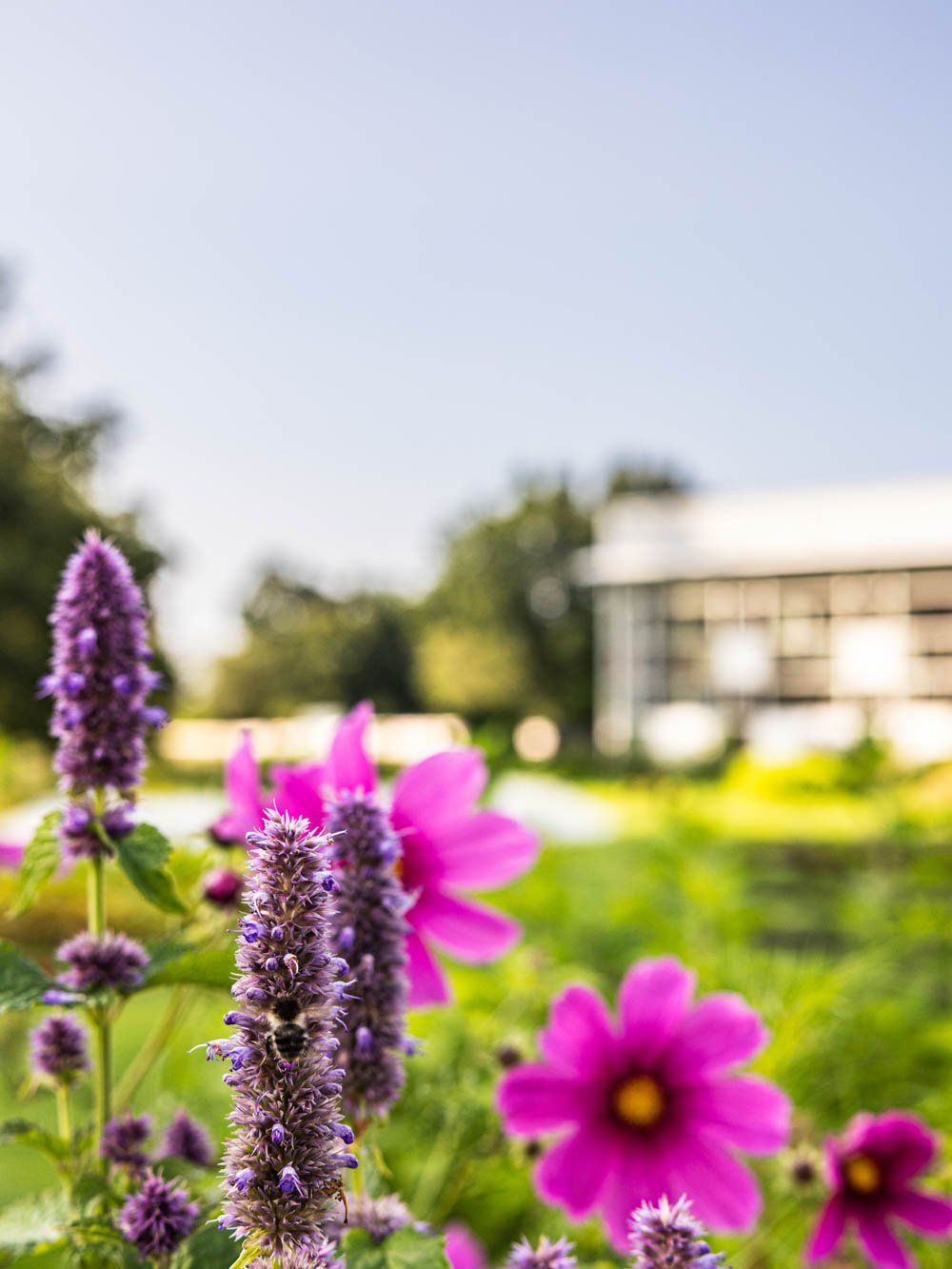Climate & nature
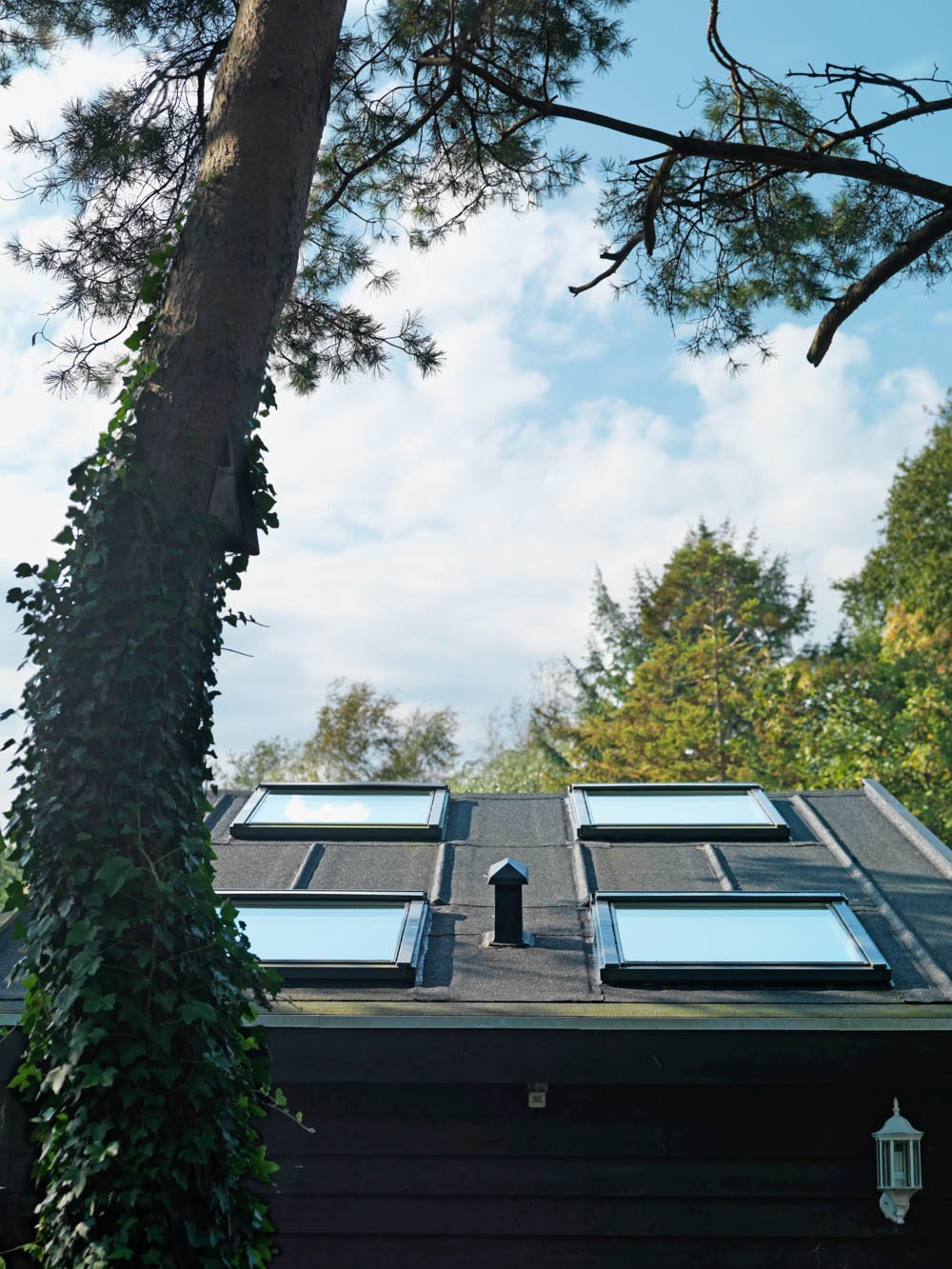
We are committed to reducing emissions from our operations and from our value chain. The targets for these reductions have been validated by the Science Based Targets initiative and are in line with the most ambitious pathway of the Paris Agreement.
And our ambitions are not just focused on the future. We are also working to reduce and remove the equivalent of our historical emissions from operations since our founding in 1941, through a 20-year partnership with WWF to protect and restore tropical forest areas.
We have also begun work to understand the impacts and dependencies of our business on nature to be able to support biodiversity on our sites and throughout our supply chain.
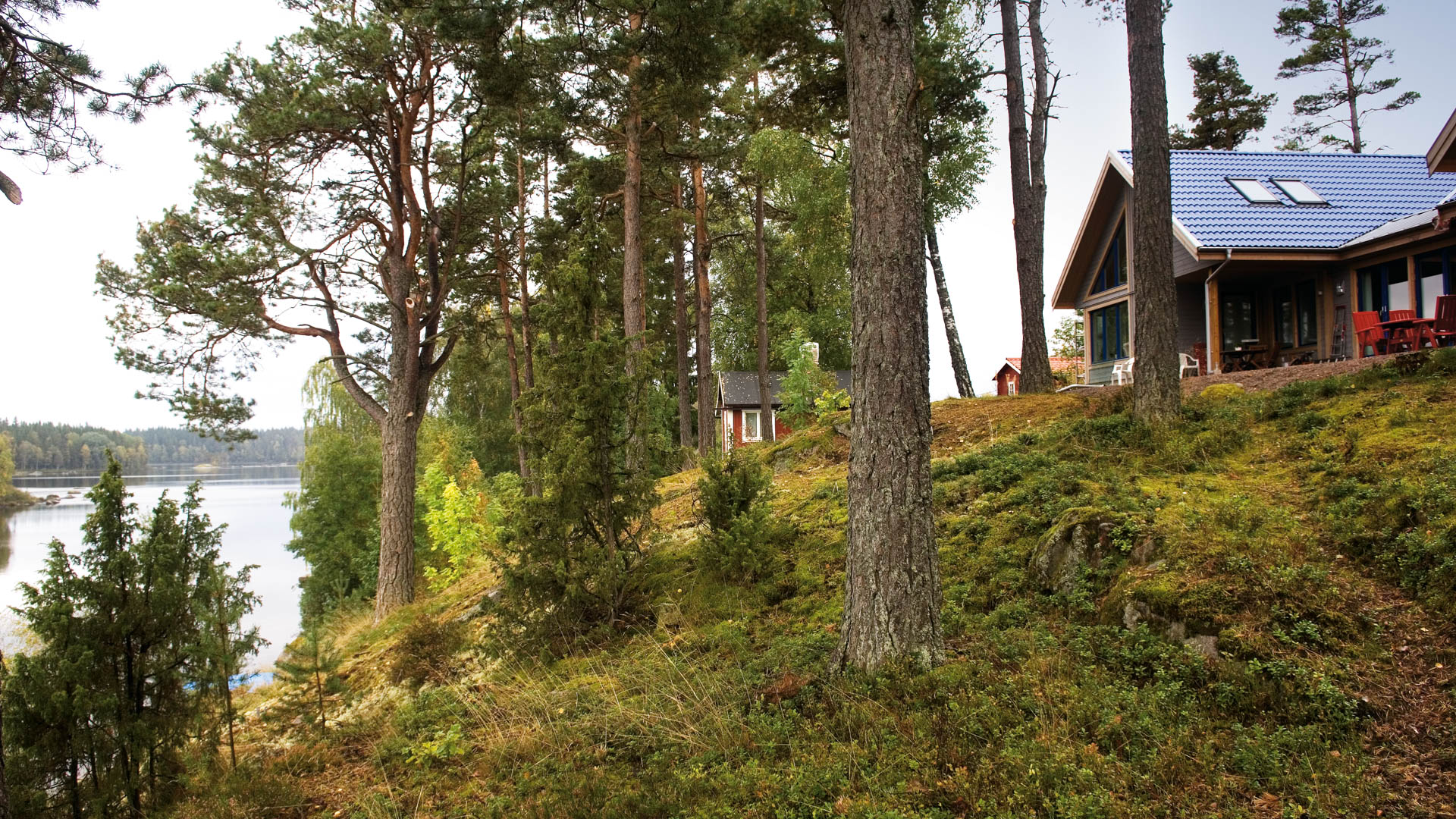
Our climate and nature targets
Sustainability is at the heart of our corporate strategy, and we have set ambitious targets across key sustainability areas. We have been working successfully to cut our carbon footprint since 2010, and in 2020, we launched ambitious climate commitments:
- By 2030, reduce emissions from own operations by 100% from 2020 levels (scope 1&2)
- By 2030, 50% reduction of CO2e from value chain from 2020 levels (scope 3)
- By 2041, 4.5 million tonnes of CO2 reduced and removed through forest and biodiversity projects equal of our company’s carbon emissions from 1941-2041
- By 2030, all relevant sites have initiated or implemented actions that set them on path to promote and achieve the best possible impact on biodiversity.
- Build for Life by advocating for sustainable buildings and communities to leverage the green transitions and quality of life
Sections within this chapter
Transforming the industryDecarbonisationForest conservation projectsBiodiversityCircular businessPartnering the change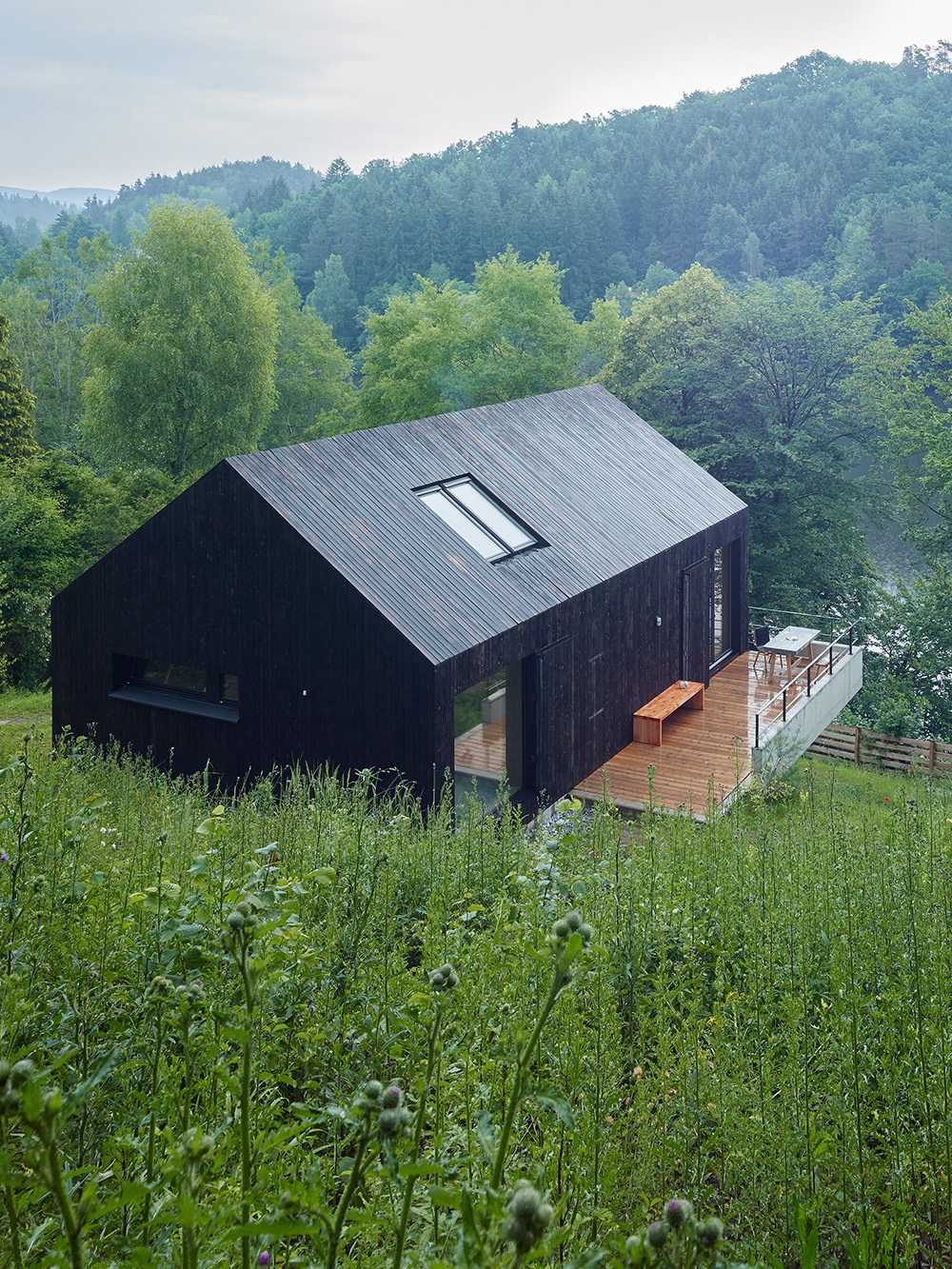
By 2030, we have committed to reducing our emissions from production and operations by 100% and from our value chain by 50% compared to 2020. To cut our operational emissions, we are transitioning to renewable energy and focusing on energy efficiency across all sites.
We continue our efforts towards reducing the embodied carbon footprint of our products. This includes the carbon emissions associated with the materials used, transport to VELUX, and the manufacturing process.
TRANSFORMING THE INDUSTRY
From windows to communities of the future
Buildings account for 37% of global CO2 emissions. With the Living Places concept, we showcase how it is possible to use technologies available today to build low-carbon homes with an optimal indoor climate in a scalable way.
The concept holds a three times lower carbon footprint than the Danish building regulations with only 3.85 kg CO2e/m2/y. The lifecycle calculation is third-party verified by the BUILD department at Aalborg University in Denmark.
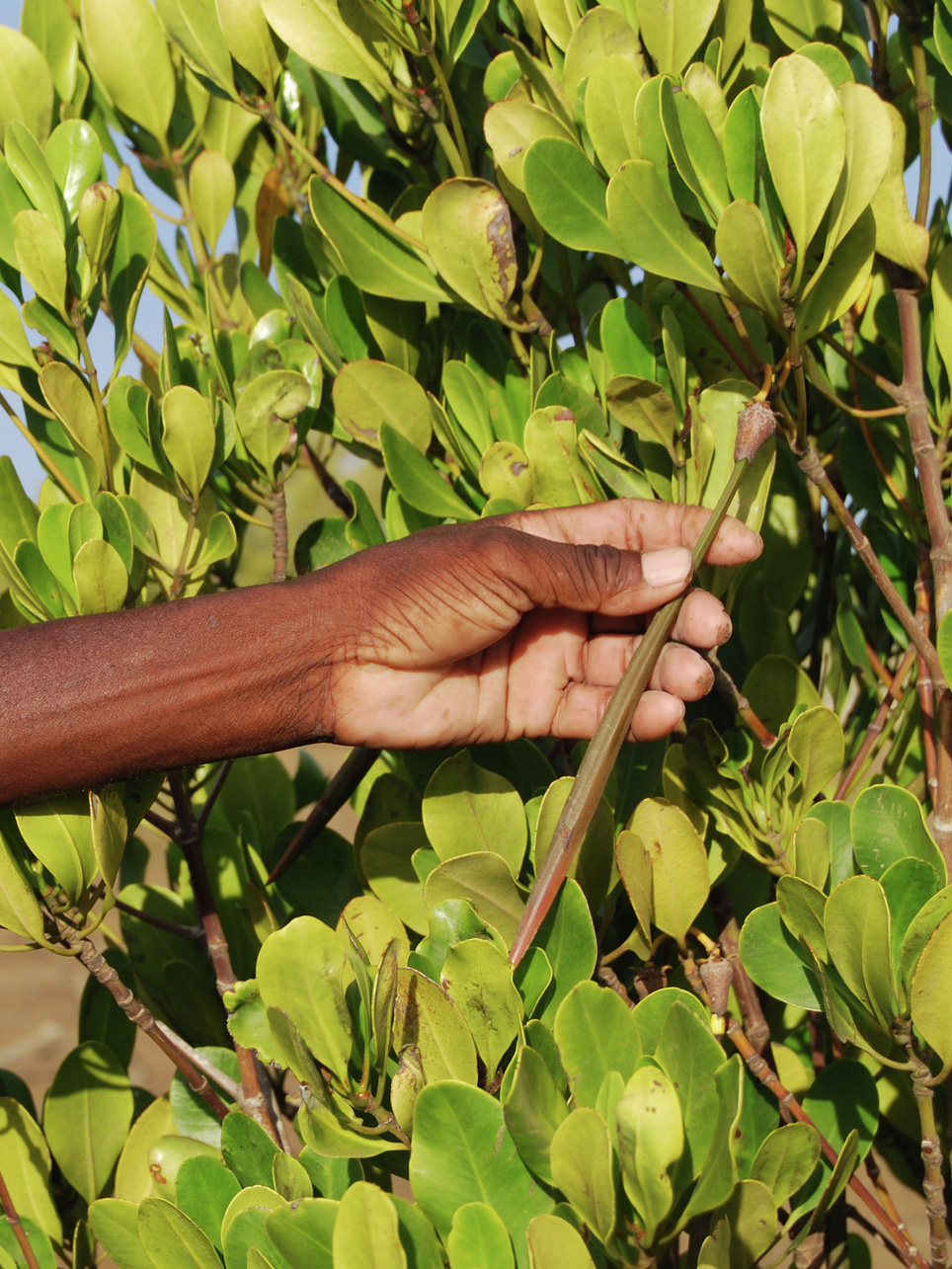
We are committed to reducing and removing CO2 equivalent to our historical carbon emissions (scope 1 and 2) since our foundation in 1941 and up until 2041 – our 100th anniversary. To help us deliver on this commitment, in 2020 we entered a 20-year partnership with the World Wide Fund for Nature (WWF). Our twenty-year partnership will deliver a portfolio of forest projects that are designed to improve biodiversity and support local communities.
The partnership aims to contribute the verified carbon credits to the host countries’ national climate targets under the Paris Agreement. The credits will not be traded or used for offsetting by the VELUX Group or any other organisation.
Photo: Martina Lippuner, WWF
Circular business
The transition to a circular economy is key to decarbonising the built environment and reducing the impacts associated with materials. We have begun integrating materials with an increased share of recycled content in our products and we are now taking the next step to integrate circularity further into product design and to develop a customer-centric approach to the circular economy.

